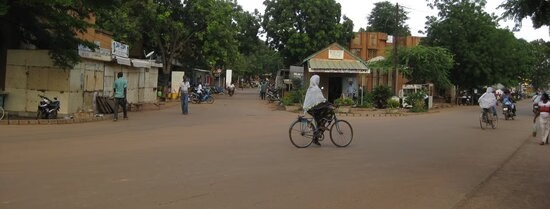The Minor Global Health is open to 3rd year Bachelor students in Medicine and Clinical Technology, and from Erasmus University College (Life Sciences track) and Erasmus School of Health Policy & Management.
In the minor, students learn about every aspect of global health and international health care in low and middle income countries, and emerging economies. They can then use this knowledge to compare health and healthcare in the above countries with the Dutch system. The main themes are: Determinants of health and disease (local, regional, national and international), the Global Burden of Disease, Universal Health Coverage, health care systems in diverse cultural backgrounds, and learning to deal with limited resources (preventive, diagnostic and therapeutic).
Next to health and health care at a tertiary level (urban, university medical center) students are exposed to health and health care in a rural setting (district hospital, related health centers and health posts, primary health care, community health, public health). This all occurs in a very different culture and climate to what most students are used to.
Students can choose from 4 continents and 15 countries:
- Asia – Bangladesh, India, Indonesia and Vietnam
- Africa – Ghana, Kenya, Zambia, Zimbabwe & South Africa
- Middle East – Iran, Oman
- South America – Brazil, Cuba, Ecuador & Suriname
Find out more by clicking here.
The elective Global Challenges in Health & Behavior is open to 3rd year Bachelor students. This course introduces students to worldwide challenges in health and unhealthy behaviors, with a focus on low- and middle-income countries (LMICs). This is combined with coaching to further improve students’ presentation skills. We set the scene by introducing students to the global burden of disease across LMICs. We identify the relative importance of communicable and non-communicable diseases and the “double burden of disease” these countries are increasingly facing.
Then we explore the limited demand for health care in these countries and interventions to increase this demand including conditional cash transfers. This is followed by interventions to strengthen the supply side of health care systems including performance based financing. We assess the progress of different countries towards the goal of “Universal Health Coverage”. Throughout the course, students learn to interpret results of quantitative studies that relate to these different global health topics and improve their presentation skills working with a presentation expert.
